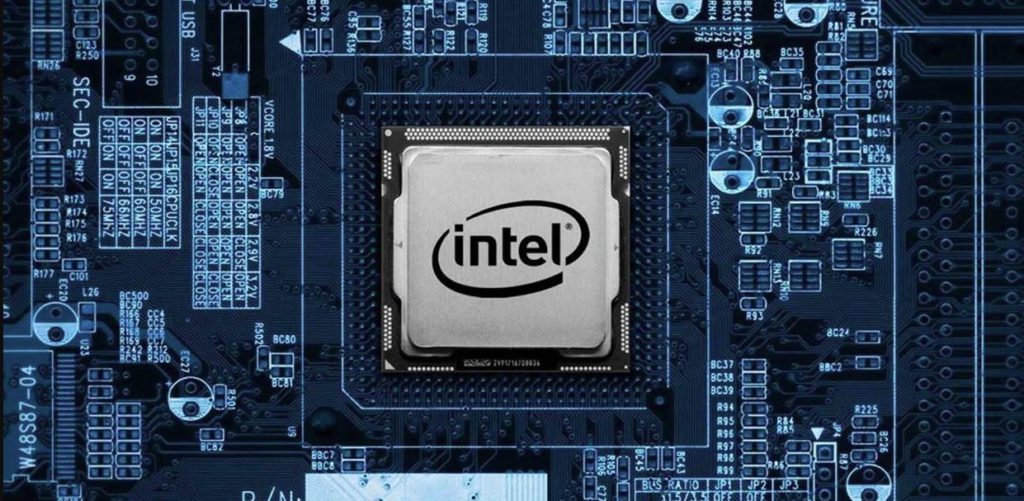Intel is installing new antivirus technology in upcoming CPUs

Intel chip maker now wants to introduce new technology to provide reliable protection against malware attacks in its processor architectures. Flow Control Technology (CET) will be found in future Tiger Lake chips.
The process was developed by Intel in collaboration with Microsoft and was introduced in 2016. However, since this technology is implemented in the hardware of the CPU architectures. It took some time before it really appeared in the products. Now the time has come, and the first processors will soon bring with them a protection mechanism. Microsoft is already shipping with CET support in the current version of Windows 10 2004. Other kernel fixes will be available soon on other systems.
Of course, CET will not help against any malware that wants to infiltrate the system. Rather. It is about protecting against malicious codes that want to elude other security levels by masking their actions as best as possible and using existing codes.
Lock instead of hiding
The core of this is the so-called return-oriented programming (ROP). In this case, the malware relies on the fact that the working memory already has data and code released for execution. Then they are addressed and combined in a different configuration. Thus, completely different results can be achieved with small existing building blocks.
CET should prevent similar attacks in the future by preventing unauthorized access to other program memory areas. You are dealing with a security system. Which is an additional obstacle to earlier security procedures. Such as protecting the executable space or randomizing the location of the address space. The latter guaranteed, for example, that the mentioned code elements are not always written to the same memory cells and that malicious programs can work with them so easily. CET now ensures that address areas are not only harder to find, but also block.
Intel is removing 24 CPUs
Intel recently introduced the new Core i-10000 processors, also known as Comet Lake-S, and the range of processors now seems to be cleared from behind. The Core i7-8700K and 23 other Coffee Lake processors are stepping down.
Intel properly cleansed desktop portfolio
The start of a new generation often leads to the end of its predecessors. This principle also applies to Intel and its desktop product line. According to Hexus, shortly after the launch of Comet Lake-S. The manufacturer announced that most of the Coffee Lake generation is currently retiring. The following are all models that Intel will remove from the program according to official information:
- Core i7: 8700K, 8700B, 8700, 8086K
- Intel Core i5: 8600K, 8600T, 8600, 8500B, 8500, 8400, 8400T
- Core i3: 8350K, 8300T, 8300, 8100B, 8100
- Pentium: G5600F, G5600T, G5600, G5500T, G5500, G5400
- Celeron: G4920, G4900
As Intel briefly describes in a related support document (PDF) about the reason for the end of availability announcement, market demand has shifted to other products. As usual, the end is slow. June 1, 2020, is the start date of the “hiring program”. The last orders for Coffee Lake will be accepted on December 18, 2020, then deliveries must be completed by June 4, 2021.
The models Celeron G4900, G4900T, Intel Core i3-8100, i3-8100T, i5-8500, i5-8500T, i7-8700, i7-8700T. And also Intel Pentium Gold G5400 and G5400T will remain in the segment at Intel for some time continued and provided with appropriate support. For all of the Coffee Lake processors listed. This otherwise ends in one year, then they should be delivered for the last time if orders were placed until the end of 2020.
Also Read:
Samsung Galaxy S9 and S9 + get One UI 2.1 with new functions
Insider word: Apple is preparing a folding iPhone
PlayStation 5: Amazon again lists price & release date of PS5






